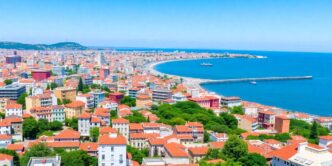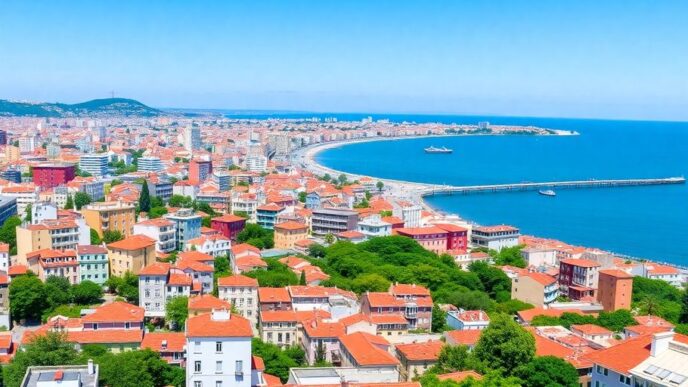Portugal’s new center-right government has announced plans to reintroduce tax breaks aimed at attracting skilled foreign workers. The initiative, part of a broader package of 60 measures, seeks to stimulate economic growth while excluding wealthy expatriate pensioners from benefiting from the perks.
Key Takeaways
- Portugal’s government plans to reintroduce tax breaks for skilled foreign workers.
- The tax breaks will exclude dividends, capital gains, and pensions.
- The initiative is part of a broader package of 60 measures to stimulate growth.
- The government aims to balance economic growth with affordable housing.
- The central bank warns of potential fiscal deficits due to the new measures.
Background
The tax breaks were initially introduced in 2009 to help Portugal recover from the financial crisis. However, they were scrapped last year by the previous Socialist government, which criticized them as a “fiscal injustice” that contributed to rising house prices in one of the Eurozone’s lowest-income economies.
New Tax Regime
Finance Minister Joaquim Miranda Sarmento stated that the reintroduced regime would include a 20% flat rate of income tax but would only cover salaries and professional income. The new regime will exclude dividends, capital gains, and pensions, addressing previous concerns from countries like Finland and Sweden.
Opposition and Support
Prime Minister Luís Montenegro’s minority government will need to secure approval from hostile lawmakers for the special tax regime. The Socialist party and the far-right Chega party, both of which dislike the tax breaks, will play crucial roles in the decision-making process.
Economic Impact
Big Portuguese companies are likely to welcome the return of the 20% tax rate, as they struggle to attract overseas talent willing to pay Portugal’s 48% top marginal tax rate. The government believes that attracting highly skilled foreign workers will help boost economic growth.
Housing Crisis
The government aims to balance the need for skilled workers with the ongoing housing crisis, which has led to a “brain drain” of young people unable to find affordable homes. The finance ministry noted that the new tax regime does not include any requirement to purchase property.
Broader Measures
The 60 measures unveiled by the government include other tax tweaks, incentives for start-ups and research and development, and support for tourism and defense. However, the country’s central bank has expressed concerns that these plans could drive Portugal from a fiscal surplus back into a budget deficit, potentially breaching the EU’s new debt rules.
Future Outlook
The IMF predicts that Portugal’s GDP will grow by 1.7% in 2023. An IMF mission to the country recently noted that Lisbon had delivered a large fiscal surplus last year and reduced public debt by an impressive 36 percentage points of GDP since 2020.
Sources
- Portugal to reintroduce tax breaks for skilled foreigners, Financial Times.













